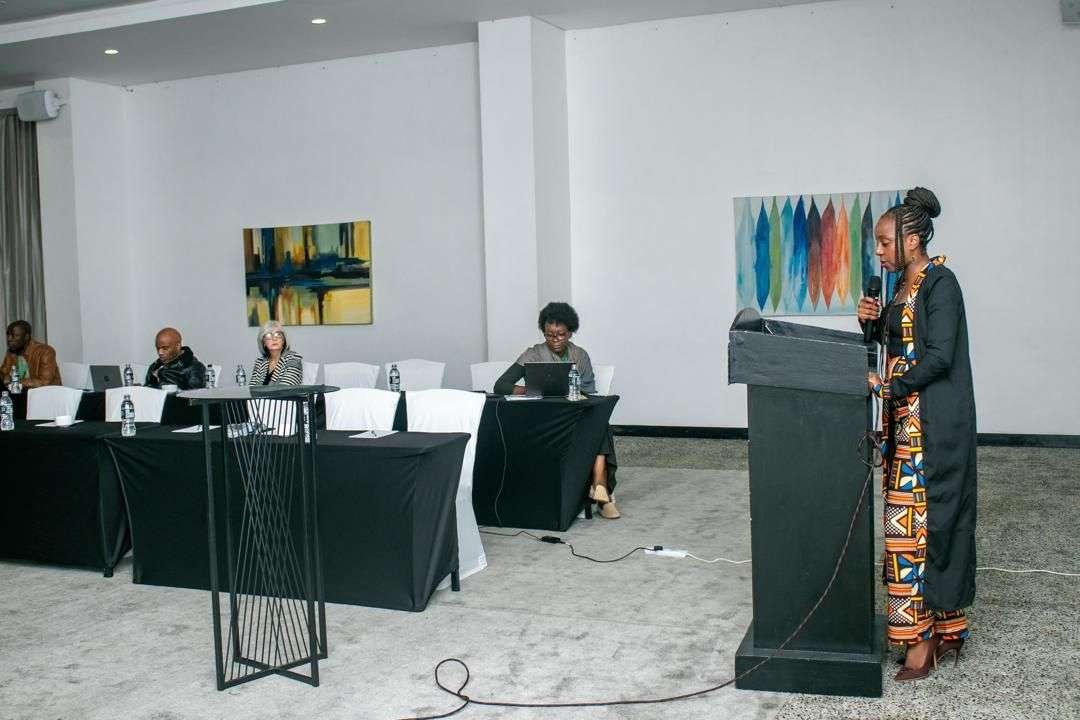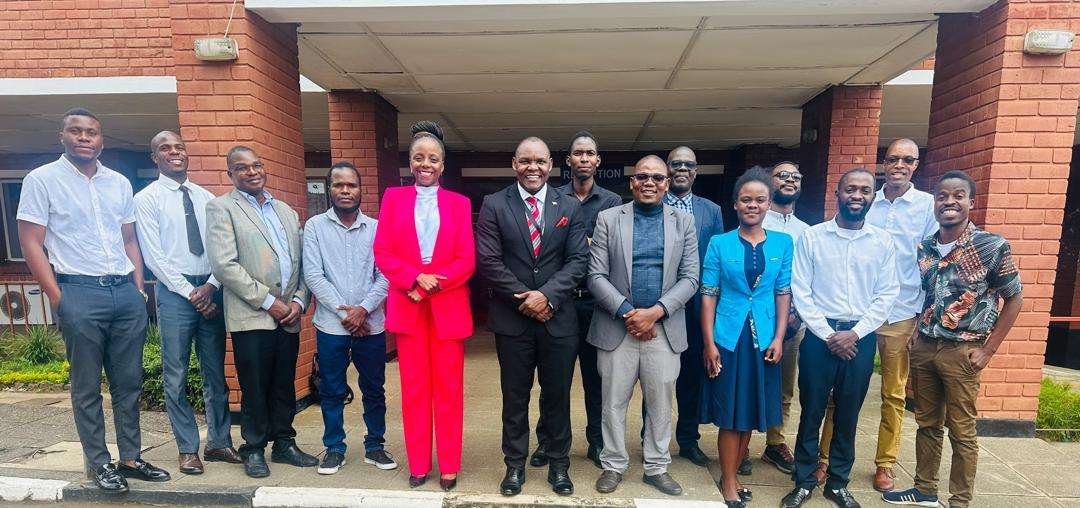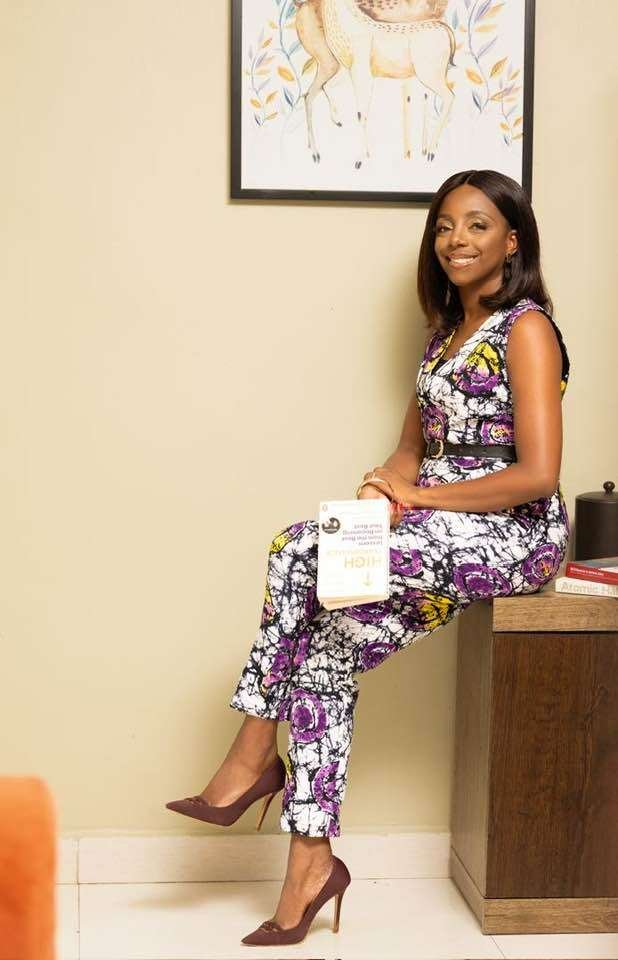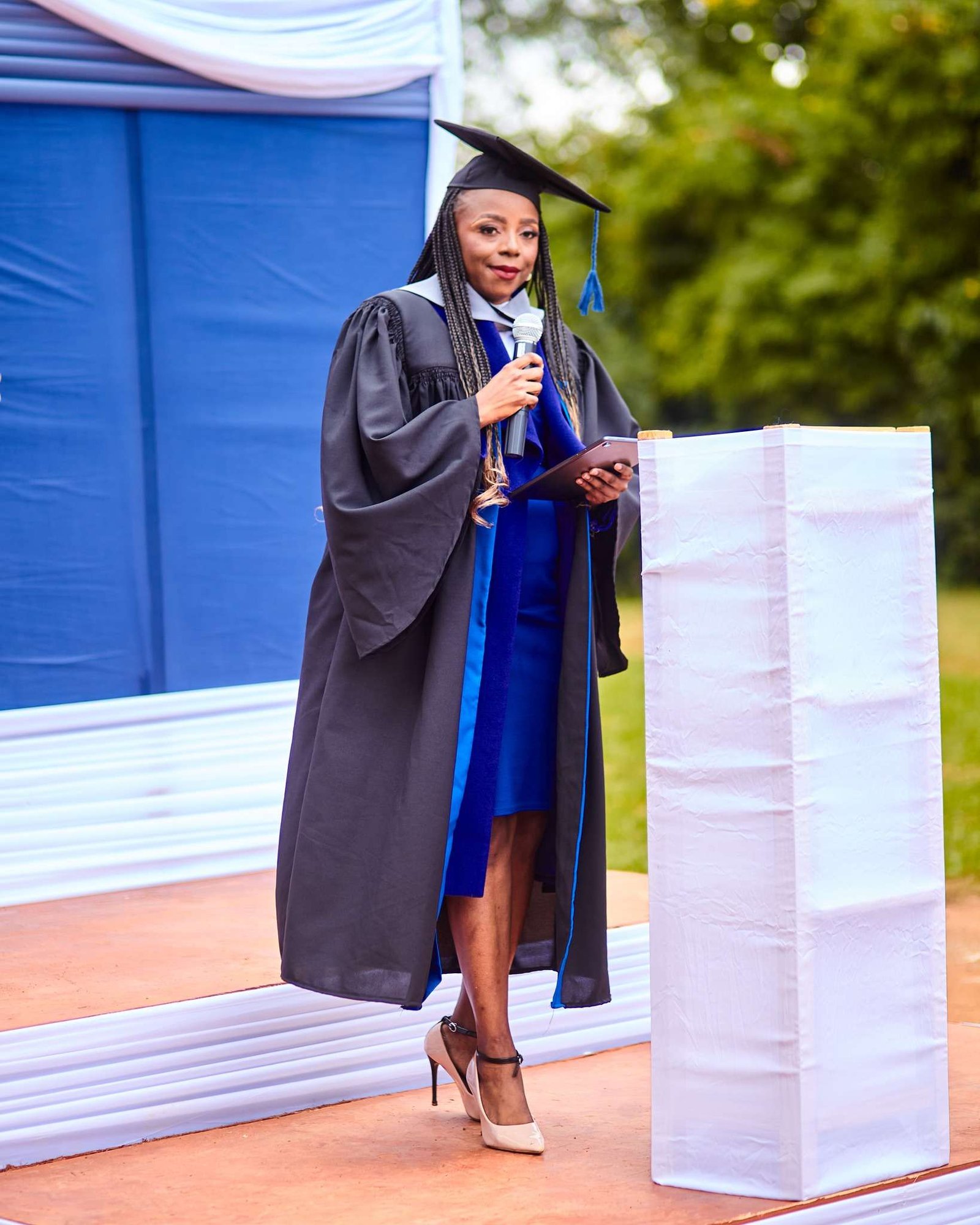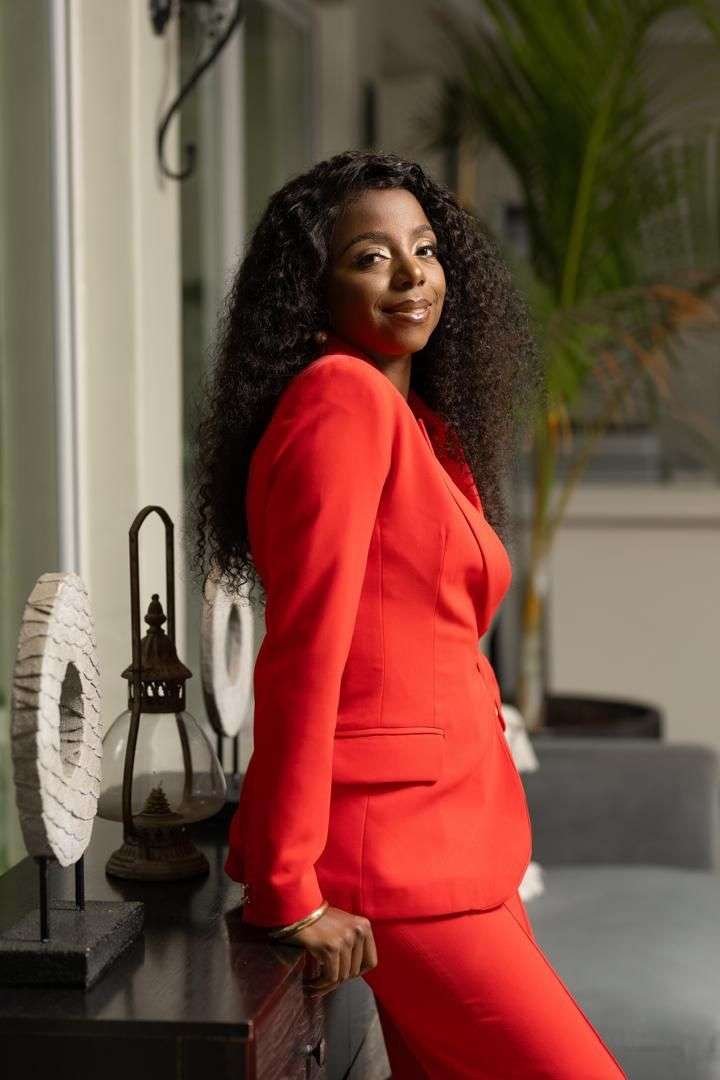This week, I had the honor of serving as Guest of Honour at the Writing and Dissemination Workshop organized by the Social Science Research Council (SSRC) through its African Peacebuilding Network (APN) and Next Generation Social Sciences in Africa (Next Gen) programs. The event, hosted at the Malawi University of Science and Technology (MUST), brought together early-career scholars from 14 African countries to sharpen their research, grant writing, and dissemination skills.
It was truly energizing to witness the passion and intellect that these scholars bring to the table. The theme of collaboration emerged as a powerful thread throughout the discussions, an essential element in navigating the complexity of today's global and regional challenges.
As I shared in my keynote speech, the Social Sciences, Humanities, and Arts are indispensable to Africa’s progress. These disciplines allow us to interrogate inequality, conflict, identity, and the socio-political fabric of our nations. At a time when emerging technologies like Artificial Intelligence are widening global divides and deepening social inequalities, we must assert African perspectives and ensure that we are not left behind or worse, erased.
In this era of the Fourth Industrial Revolution, dominated by AI, automation, and data, we must prioritize ethical and human-centered innovation. That means integrating cultural, linguistic, and indigenous perspectives in both policy and technology. For example, during the COVID-19 pandemic, we saw how communication breakdowns rooted in a lack of cultural consideration hindered public health efforts. We cannot afford to make those mistakes again.
That is why interdisciplinary collaboration is not a luxury rather a necessity. Whether we are researching peacebuilding, climate resilience, gender dynamics, or digital inclusion, bringing diverse perspectives together allows us to create more comprehensive and sustainable solutions.
As I reminded the participants: "No one is going to save us but ourselves. No one but ourselves is going to push us to realize our full potential. No one but ourselves is going to give us a voice at the table."
The Bingu School of Culture and Heritage, where I serve as Executive Dean, embodies this philosophy. Our programs, ranging from African Musicology and Indigenous Knowledge Systems to Cultural Economy and Strategic Studies demonstrate that Humanities and Arts belong not on the periphery of science and technology, but at its core. We must tell our own stories, protect our cultures, and contribute to shaping the global discourse.
As the workshops continue, I am filled with hope. These scholars are not just participants they are future thought leaders, policy influencers, and advocates for justice and equity in Africa. With the right support, their research will help build the Africa we envision.
Let’s continue to collaborate, innovate, and empower each other in pursuit of inclusive development, peace, and dignity for all.
#AfricaWeWant #ResearchForChange #DecolonizeKnowledge #InclusiveInnovation
